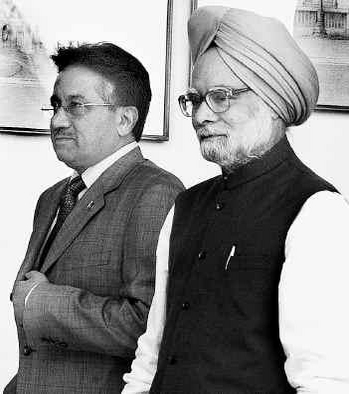The signing last month of the India-Pakistan "Agreement on Reducing the Risk from Accidents Relating to Nuclear Weapons" represents an essential next step in the security normalization process between the two countries. The accord, signed on Feb. 22 in New Delhi, culminated three years of general discussions and several months of detailed drafting sessions. Although differences persist regarding the status of Kashmir and other issues, the governments of India and Pakistan have adopted several confidence-building measures in recent years. This reconciliation process began in December 1988 with an agreement that prohibits either country from attacking the other's nuclear installations and facilities. The two parties subsequently began to notify each other of the locations of these sites at the beginning of each year. Subsequent India-Pakistan agreements have required advanced notification of military exercises (1991), expressed joint support for the prohibition of chemical weapons (1992), and established a formal ceasefire along the International Border and the Actual Ground Position Line in Jammu and Kashmir (2003). In October 2005, the two governments signed bilateral agreements providing for the advanced notification of ballistic missile tests and the establishment of a direct communications link ("hot line") between the two countries' maritime security agencies.
Pakistan-India Nuclear Agreement Another Step in Reducing Danger of War

